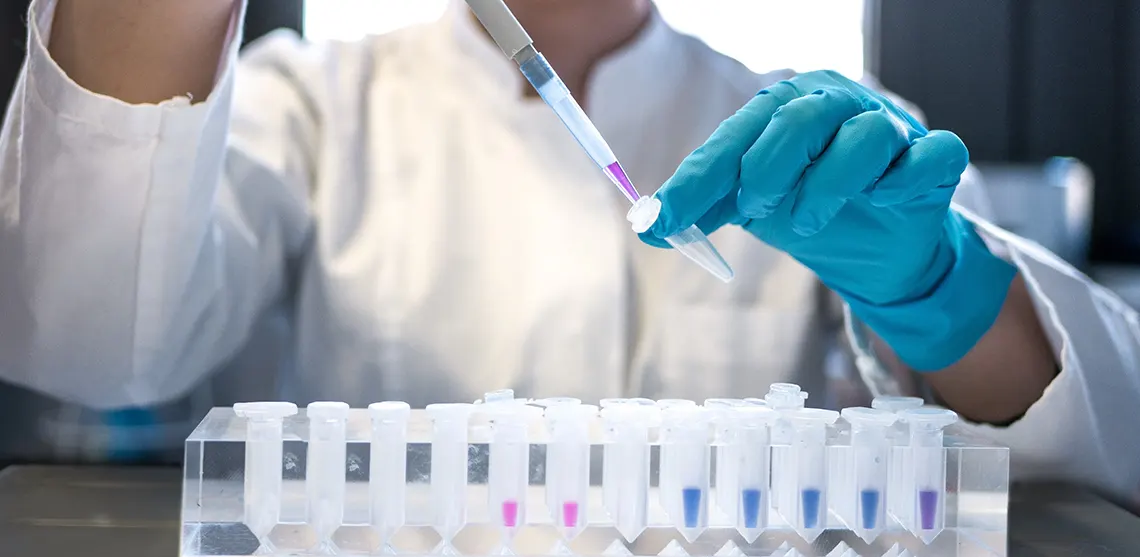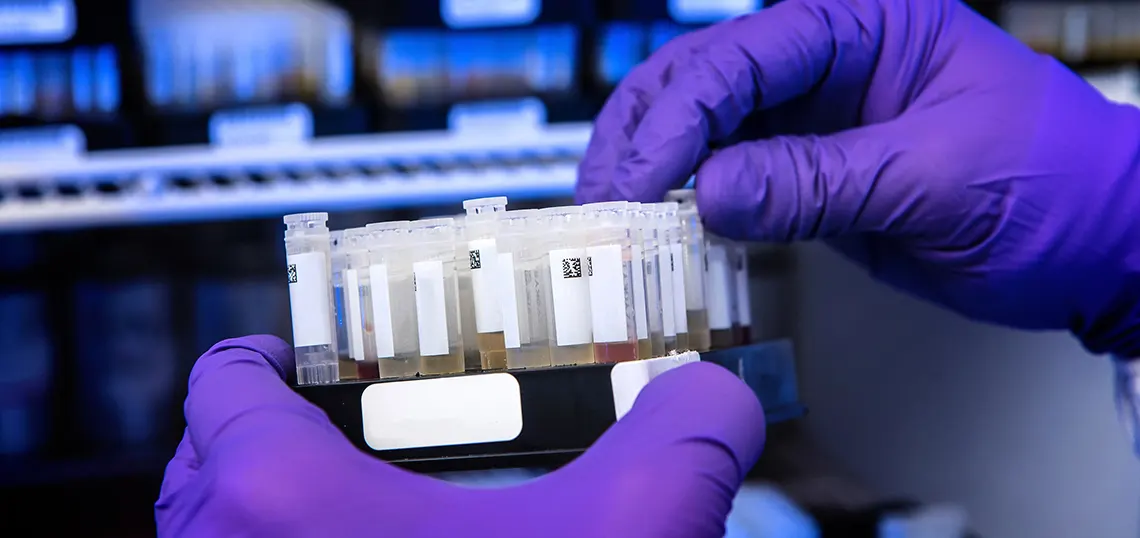
What is the difference between CBD and CBG
CBD (cannabidiol) and CBG (cannabigerol) are two of the naturally occurring chemical compounds found in the same genus of flowering plants used for plant-based treatments.
Each of these biologically active compounds is non-psychoactive and mainly used in alternative medicines. This means they do not produce an effect that alters your state of mind or ability to make sound decisions.
CBG is far more difficult to produce than CBD, as most manufacturers opt to produce CBD-based medicinal products instead. CBG is thus much rarer, and can often be a more expensive option.
Experts believe these compounds interact with the receptors in the body in a way that impacts functions such as pain sensation, memory, and appetite.
How exactly these active compounds interact with the receptors in our body is not yet known, as research over the years has been majorly restricted by governmental limitations.
As plant-based treatment options continue to expand at a steady pace, it is important to understand the differences between CBD vs CBG, and the chemical compounds that may be included in the products.
The key differences

Early research suggests that both compounds may have similar characteristics as well as therapeutic potential. However, when thinking about CBD compared to CBG, there are a few distinctions to be made:
CBD
- CBD is one of the main active ingredients in plant-based treatment options, the second most prevalent after THC.
- It was first isolated in 1940 and its structure was reported in 1963.
- The plant from which they are derived will likely contain more CBD than CBG.
CBG
- CBG is a lesser-known and minor active compound found in the plant.
- It was first isolated in 1964, but there is extremely limited research available.
- It has an inimitable molecular structure that is unlike that of CBD.
Each product interacts with the receptors in a unique manner, despite both coming from the same plant.
Side Effects of CBD & CBG

The limited research on the safety, efficacy, and side effects of CBD and CBG shows both compounds as safe to use for adult humans. Experts continue to stress the need for more clinical trials and controlled studies, however, and the early data should not be seen as conclusive.
Additionally, there are a few potential side effects that you should be aware of for both compounds:
-
- Tiredness & Lethargy: High doses of CBD and/or CBG could potentially lead to a kind of grogginess and fatigue for certain individuals. The safest course of action is to avoid large doses when you need to focus or go somewhere.
- Dry Mouth: Consuming plant-based treatment options can temporarily impact an individual’s ability to produce saliva, resulting in dryness in and around the mouth.
- Changes in Appetite: Occasionally CBD and/or CBG can result in either a boost or suppression of your appetite, depending on the individual.
- Diarrhoea: There have been some reports of high doses of CBD and CBG causing diarrhoea. The rationale behind this is that your digestive system may be rejecting the high dose as it does not need it.
- Changes in Weight: A few people have even reported that prolonged use of CBD and/or CBG resulted in a reduction of weight over time. Most experts believe that this is likely linked to appetite rather than metabolism.
The majority of people are unlikely to experience any notable side effects when using plant-based products with CBD and/or CBG. However, no treatment affects everyone in the same way, and the potential for adverse effects does exist.
Is CBG & CBD legal in Australia?

Both CBD and CBG fall under the plant-based treatment options legalised in Australia. In order to legally access these medicines, you will need a prescription from a medical practitioner with the appropriate authority.
Products such as full/broad spectrum or CBD isolate in Australia can contain THC, CBD, CBG, or any of the many naturally occurring chemical compounds found in the source plant. CBC (cannabichromene) and CBN (cannabinol) are two of the other known minor compounds.
If a patient has a chronic condition such as insomnia, and regularly available medicines have not proven effective in alleviating the symptoms, they may consult with a doctor about a prescription for medicinal plant-based products.
The doctor will have to be of the opinion that the plant-based treatment is clinically appropriate in the patients circumstances. There must be some evidence as to its efficacy in relation to the condition being treated.
Buying CBD or CBG products without a prescription is illegal and may have consequences such as hefty fines or prison time.
Summary
CBD and CBG are two of the many active compounds found in plant-based treatment options. CBD is one of the two main active ingredients next to THC. CBG is one of the minor and lesser-known compounds.
The two share similar characteristics but differ in molecular structure and the way in which they react to the receptors in our bodies. CBG is also more difficult to produce than CBD, and manufacturers tend to focus on extracting CBD as the primary goal.
Both compounds are considered safe for humans, but they are not entirely free of side effects. Patients should be aware of the potential risks before using plant-based treatments.
Remember, these products can only be lawfully accessed with a prescription from a qualified medical specialist, and unauthorised purchases may result in legal consequences.
For more information on CBD and CBG, or if you have any related queries, speak to one of our qualified experts today.
